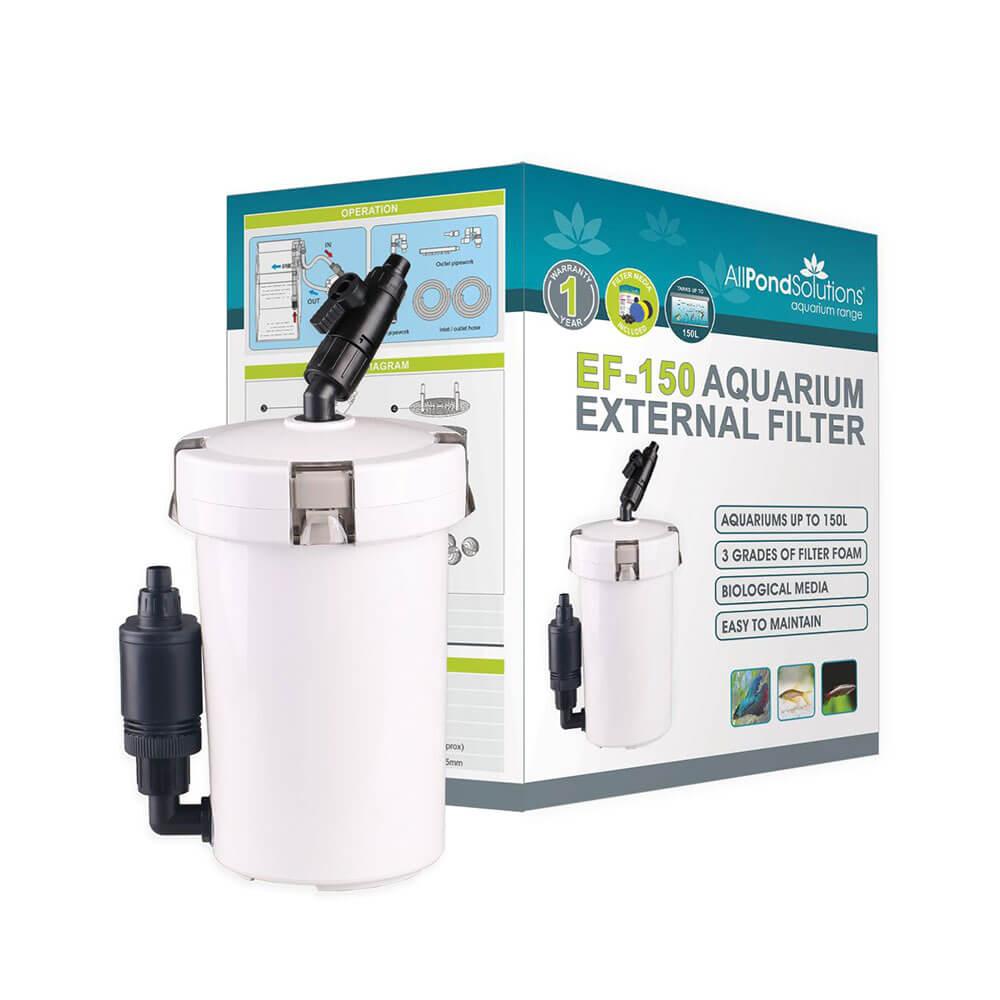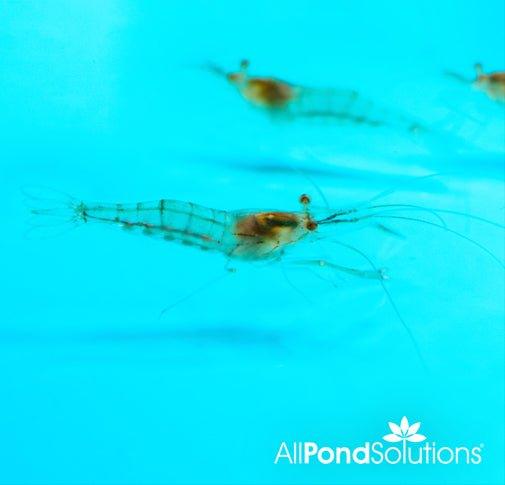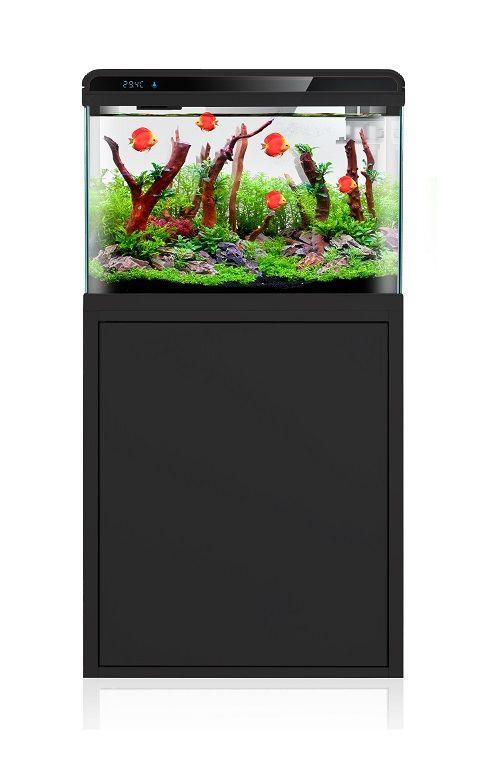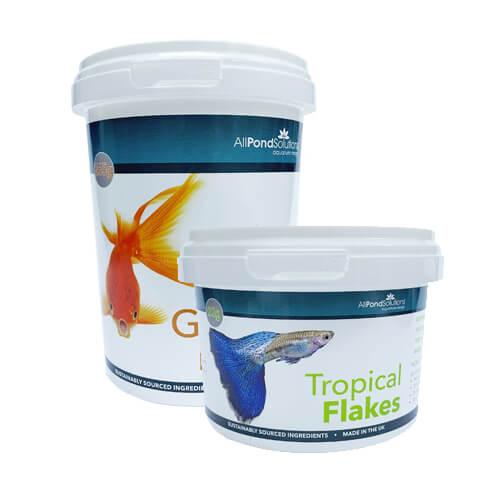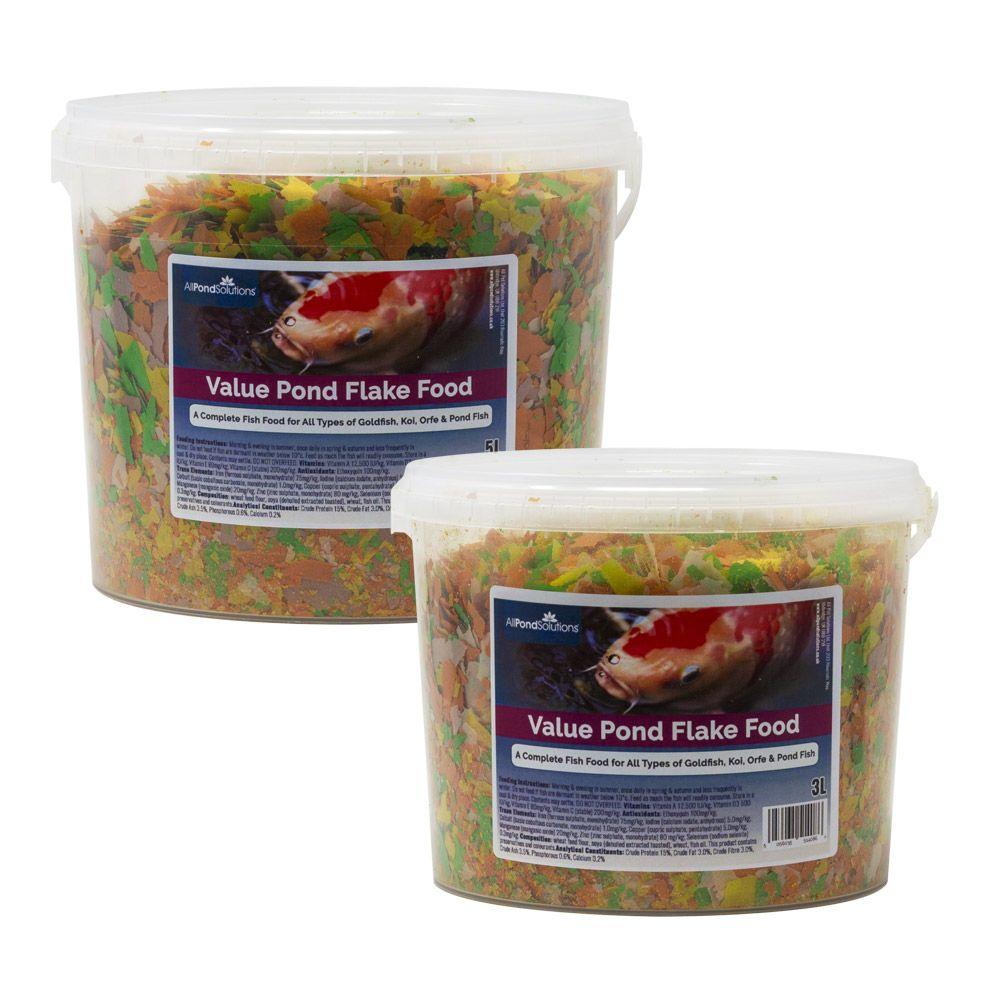Please note – Size, colour and sex may vary. Many of our livestock species are sold as juveniles and have not yet reached their full size and colour potential.
The Glass Shrimp (Macrobrachium Lanchesteri) is also known as the Ghost Shrimp.
Scientific Name: 
Macrobrachium Lanchesteri
Approximate purchase size: 
2.5cm
How easy are they to care for?
Ghost Shrimp are extremely hardy and condition tolerant when directly compared to other varieties of shrimp . They are very active and busy invertebrates tirelessly scouring the tank for food to eat. Always on the go, these shrimp are in their element when kept in an established tank that is not “too clean”. 
How large can they grow?
5cm
Where in the world are they from?
Found in multiple places throughout North America.
What is the ideal number to keep together?
Glass Shrimp are best kept in a species only aquarium or with other very small shrimp species. Allow 1 shrimp per 4 litres of water. 
What water conditions do they require?
Will accept temperatures from 21 to 25°C and a pH range between 6.5 -8.0.
What should you feed them?
Glass Shrimp are scavenger feeders and will accept a wide variety of foods. They are omnivorous and will naturally feed on brush algae and fallen food such as flakes & pellets.
How compatible are they with other fish?
They lack proper defences to be housed with larger fish and are often used as live feeders. However, these shrimp are semi-predatory, so best not to keep them with small shrimps/ small fish, as they can begin eating them.
Can they be bred in captivity?
Glass Shrimps are easy to breed. The females can be seen with eggs beneath their tails. It is recommended that females that are carrying eggs should be relocated to another tank and kept there till the babies are released as Glass Shrimp are scavengers and will often eat their own young.
